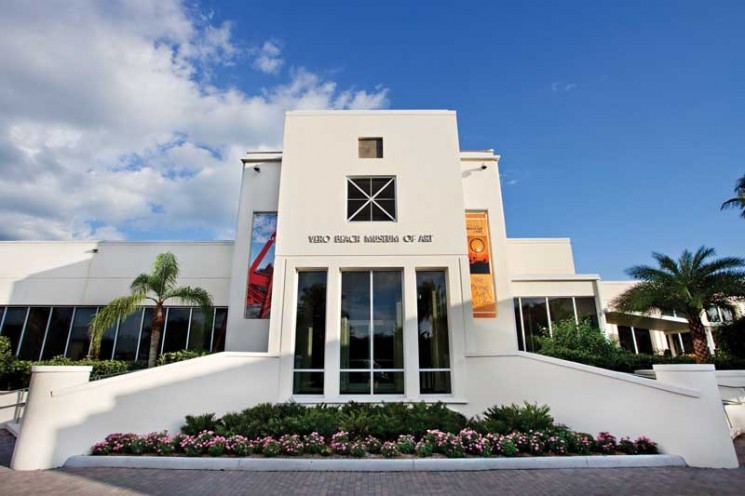
VERO BEACH — The Vero Beach Museum of Art appears to be due one of the largest refunds to date of impact fees paid to the county but never spent – an unexpected windfall that City Manager Jim O’Connor says could bring the museum close to $100,000.
O’Connor’s remarks came after an appearance before the Vero Beach City Council of Charlie Wilson, owner of Impact Fee Consultants.
Wilson told the council he previously met with both O’Connor and the city attorney to discuss refunds the city is scheduled to receive of impact fees it didn’t actually pay.
In the case of the museum, it leases the land it sits on in Riverside Park from the city of Vero. The museum – not the city – paid $53,523 in impact fees to the county in 1998 as part of the permitting for undertaking a major renovation.
Impact fees are charged by local governments, in this case the county, in anticipation of public works projects necessitated by new construction. Those fees are supposed to be refunded if they aren’t used within a certain time frame.
The county agreed last month to return certain fees even though they hadn’t been claimed within the required period. To streamline the process, it decided to refund fees to whoever owned the property at the time of the ruling.
The city was one of those property owners, and it was up to the council to decide whether to give its refund back to the lessees who paid the fees.
O’Connor pointed out that the money came from the museum – and not the city – as he encouraged the City Council to give up any impact fees on leased land.
“The Museum of Art probably has paid $100,000 in impact fees that came out of their budget, and we’ll probably get the notice. But I’m not sure fighting with the Museum of Art is a very good idea,” he quipped to the council.
The Council apparently agreed, since it promptly voted to hand over the money when it is received.
At this point, Wilson says, the only other entity leasing city property that is potentially owed a refund of impact fees is Riverside Theatre, which to date is not his client.
News of the re-directed refund appeared to come out of the blue to museum Executive Director Lucinda Gedeon, even though the day before the City Council meeting, she signed a contract with Impact Fee Consultants to help recover past impact fees owed the museum.
Working with Tim Zorc, a Wilson associate, Gedeon signed a second contract engaging the firm to help reduce future fees as the museum expands.
Reached by phone the morning after the meeting, a stunned Gedeon said she was unaware a refund anywhere near the magnitude discussed at the City Council meeting was owed to the museum.
“This is a surprise to us,” she said. “We have not as yet done any investigation. We were planning to, but we hadn’t really done anything yet.”
Gedeon said she had been “somewhat attuned” to news reports about the traffic impact fee issue, but didn’t think it had any effect on the museum.
“The museum is obviously thrilled at the potential receipt of a refund for impact fees to which we may be entitled,” she said in an e-mail Sunday.
Wilson became the Robin Hood of impact fees when he began an arduous campaign last year to convince the county to return $1.1 million in unspent traffic impact fees collected from 1985 through 1999, plus interest.
While Riverside is not represented by Wilson’s company, he believes it is owed an impact fee refund, albeit a much smaller amount. Like the museum, the theater is built on land leased from the city.
“It’s nothing we’re currently pursuing,” said Riverside’s Managing Director Jon Moses. “I certainly want to look at it and see what it is that we’re talking about.”
Riverside Theatre underwent an $18 million renovation from 2004 through 2008. It also made major improvements in 1997, and an administration wing was added in late 1999 or early 2000, Moses says.
“Especially for commercial projects, it is too difficult in many cases for them to calculate,” says Wilson. “There are far too many variables.”
“We sent (the museum) a letter back in January or February that we thought they may have a refund coming,” said Wilson. “We believe we can get them the maximum refund and we’re going to be very pleased when the county cuts the check.”
Wilson has agreed to donate a portion of his 30-percent fee back to the museum.
“Up until Tuesday, the museum was not eligible to receive the money,” said Wilson, describing as “intense” the negotiations he said he has gone through on the issue. “I’m very pleased that they were successful. It was not a foregone conclusion.”



